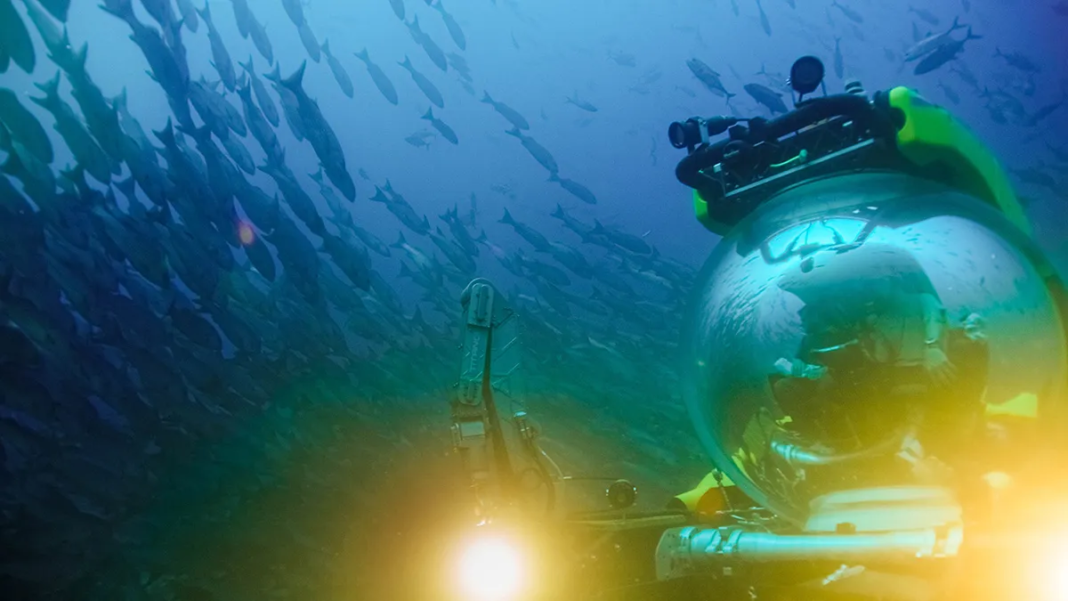The deep sea, a vast and mysterious realm beneath the ocean’s surface, holds secrets that have long captivated scientists and explorers. This article delves into the world of deep sea exploration, highlighting the remarkable discoveries and scientific breakthroughs that have expanded our understanding of this enigmatic ecosystem.
Deep sea exploration involves venturing into the depths of the ocean using advanced technology and specialized equipment. Over the years, scientists have made groundbreaking discoveries that have transformed our knowledge of marine biology, geology, and the intricate ecosystems that thrive in the deep.
One of the most astounding findings in deep sea exploration is the discovery of new species. The deep sea is home to a staggering diversity of life forms, many of which are entirely unique and have evolved to survive under extreme conditions of cold, darkness, and high pressure. Exploration missions have uncovered fascinating creatures, from bioluminescent organisms and giant squids to hydrothermal vent communities teeming with life.
Scientific breakthroughs in deep sea research have provided insights into fundamental biological processes and adaptations. Scientists have studied the adaptation mechanisms of deep-sea organisms, such as their ability to withstand extreme pressure or utilize chemosynthesis as an energy source. These discoveries have implications for fields ranging from medicine to bioengineering.
Deep sea exploration has also shed light on the geological processes and phenomena occurring in the depths of the ocean. Researchers have investigated underwater volcanoes, hydrothermal vents, and deep-sea trenches, expanding our understanding of plate tectonics, mineral resources, and the potential for alternative energy sources.
Advancements in deep-sea technology have played a crucial role in enabling these discoveries. Remotely operated vehicles (ROVs) and autonomous underwater vehicles (AUVs) equipped with high-definition cameras and sampling tools have allowed scientists to explore depths that were once inaccessible. These technologies have revolutionized our ability to document and study deep-sea environments.
Understanding deep-sea ecosystems is essential for conservation efforts and sustainable management of marine resources. Protecting fragile habitats and minimizing human impact in these sensitive environments is crucial to preserving the delicate balance of marine biodiversity.
Deep sea exploration continues to unlock the mysteries of the ocean’s depths, offering remarkable discoveries and scientific breakthroughs. With ongoing advancements in technology and a growing emphasis on conservation, we can look forward to further unraveling the secrets of the deep sea and gaining a deeper appreciation for the wonders that lie beneath the surface.




